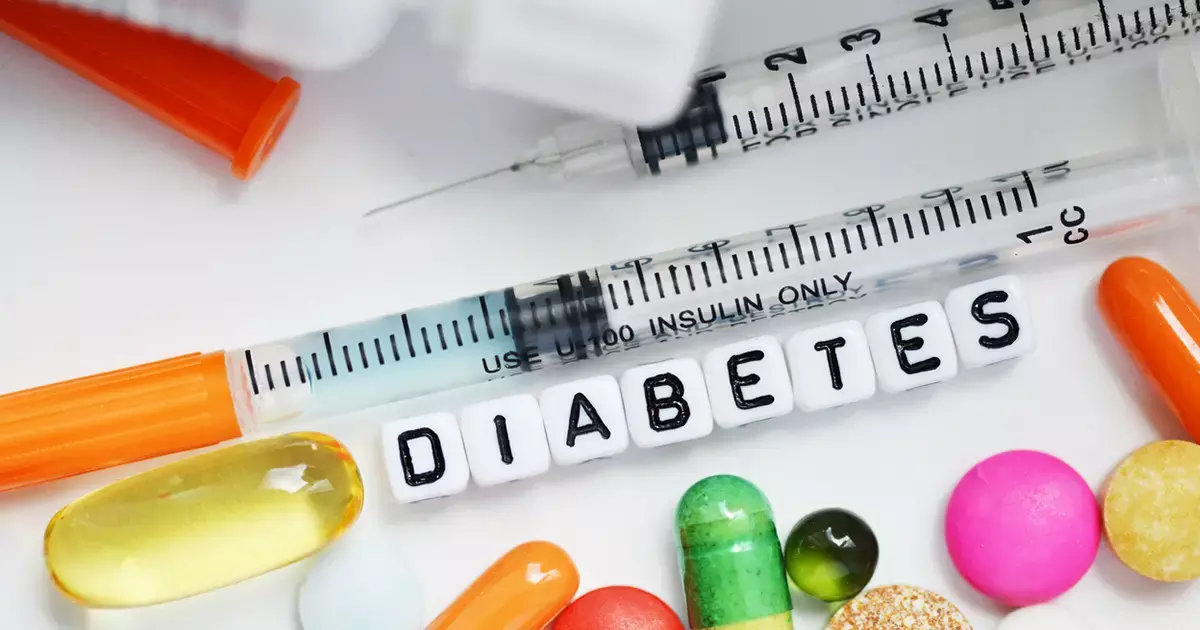- Home
- Medical news & Guidelines
- Anesthesiology
- Cardiology and CTVS
- Critical Care
- Dentistry
- Dermatology
- Diabetes and Endocrinology
- ENT
- Gastroenterology
- Medicine
- Nephrology
- Neurology
- Obstretics-Gynaecology
- Oncology
- Ophthalmology
- Orthopaedics
- Pediatrics-Neonatology
- Psychiatry
- Pulmonology
- Radiology
- Surgery
- Urology
- Laboratory Medicine
- Diet
- Nursing
- Paramedical
- Physiotherapy
- Health news
- Fact Check
- Bone Health Fact Check
- Brain Health Fact Check
- Cancer Related Fact Check
- Child Care Fact Check
- Dental and oral health fact check
- Diabetes and metabolic health fact check
- Diet and Nutrition Fact Check
- Eye and ENT Care Fact Check
- Fitness fact check
- Gut health fact check
- Heart health fact check
- Kidney health fact check
- Medical education fact check
- Men's health fact check
- Respiratory fact check
- Skin and hair care fact check
- Vaccine and Immunization fact check
- Women's health fact check
- AYUSH
- State News
- Andaman and Nicobar Islands
- Andhra Pradesh
- Arunachal Pradesh
- Assam
- Bihar
- Chandigarh
- Chattisgarh
- Dadra and Nagar Haveli
- Daman and Diu
- Delhi
- Goa
- Gujarat
- Haryana
- Himachal Pradesh
- Jammu & Kashmir
- Jharkhand
- Karnataka
- Kerala
- Ladakh
- Lakshadweep
- Madhya Pradesh
- Maharashtra
- Manipur
- Meghalaya
- Mizoram
- Nagaland
- Odisha
- Puducherry
- Punjab
- Rajasthan
- Sikkim
- Tamil Nadu
- Telangana
- Tripura
- Uttar Pradesh
- Uttrakhand
- West Bengal
- Medical Education
- Industry
High HbA1C increases hospitalization in Covid-19 patients with diabetes

In individuals with type 2 diabetes (T2D) with COVID-19 infection in the United States, the probability of hospitalization increased with increasing HbA1c levels. At varied degrees of glycemic control, the risk of mortality and invasive ventilation rose but plateaued, says an article published in Diabetes Care Journal on 24th February, 2022.
This study was conducted by Rachel Wong and team with the objective to look at the link between HbA1c and the severity of COVID-19 outcomes in T2D patients with acute COVID-19 infection.
A retrospective investigation was carried out utilizing observational data from the National COVID Cohort Collaborative (N3C), a multicenter, longitudinal U.S. cohort of patients infected with COVID-19. Patients were 18 years old, had T2D, and had COVID-19 infection verified by laboratory tests or diagnostic code. The primary outcome undertaken was 30-day mortality after COVID-19 diagnosis. Secondary outcomes were the requirement for invasive ventilation or extracorporeal membrane oxygenation (ECMO), hospitalization within 7 days after COVID-19 diagnosis or 30 days later, and length of stay (LOS) for patients who were hospitalized.
The results of this study stated as follow:
1. The study comprised 39,616 patients (50.9% were female, 55.4% were White, 26.4% were Black or African American, and 16.1% were Hispanic or Latino, with a mean SD age of 62.1±13.9 years and a mean SD HbA1c of 7.6% were 2.0).
2. With increasing HbA1c levels, the risk of hospitalization increased, but the risk of mortality plateaued at HbA1c >8% and the risk of invasive ventilation or ECMO plateaued at >9%.
3. There was no statistically significant difference in LOS between HbA1c levels.
In conclusion, the likelihood of hospitalization rose when HbA1c levels increased. The risk of mortality and invasive ventilation rose in comparison to individuals with adequate glycemic control, however this impact plateaued at various levels of glycemia.
Reference:
Wong, R., Hall, M., Vaddavalli, R., Anand, A., Arora, N., Bramante, C. T., Garcia, V., Johnson, S., Saltz, M., Tronieri, J. S., Yoo, Y. J., Buse, J. B., Saltz, J., Miller, J., & Moffitt, R. (2022). Glycemic Control and Clinical Outcomes in U.S. Patients With COVID-19: Data From the National COVID Cohort Collaborative (N3C) Database. In Diabetes Care. American Diabetes Association. https://doi.org/10.2337/dc21-2186
Medical Dialogues consists of a team of passionate medical/scientific writers, led by doctors and healthcare researchers. Our team efforts to bring you updated and timely news about the important happenings of the medical and healthcare sector. Our editorial team can be reached at editorial@medicaldialogues.in.
Dr Kamal Kant Kohli-MBBS, DTCD- a chest specialist with more than 30 years of practice and a flair for writing clinical articles, Dr Kamal Kant Kohli joined Medical Dialogues as a Chief Editor of Medical News. Besides writing articles, as an editor, he proofreads and verifies all the medical content published on Medical Dialogues including those coming from journals, studies,medical conferences,guidelines etc. Email: drkohli@medicaldialogues.in. Contact no. 011-43720751


